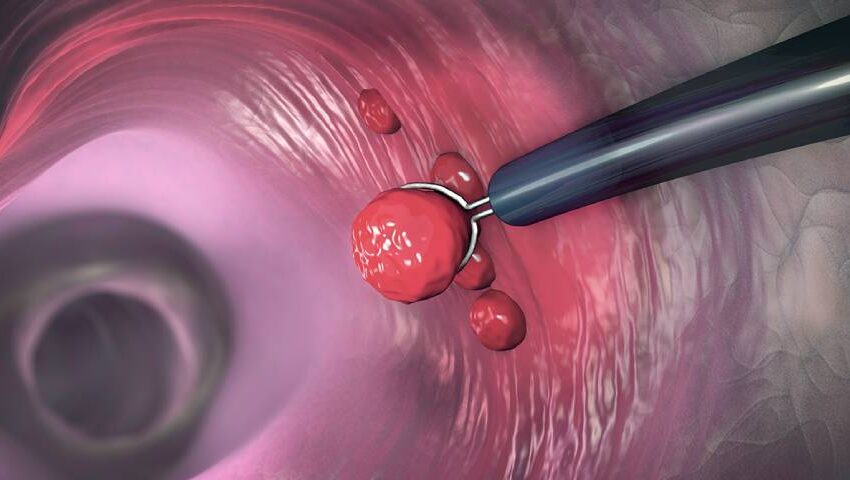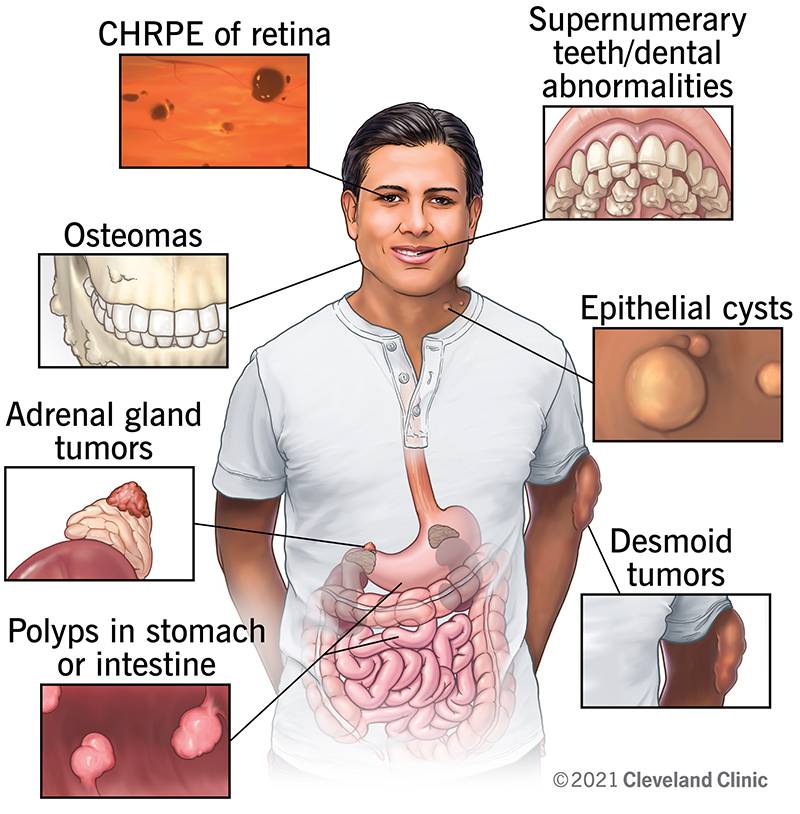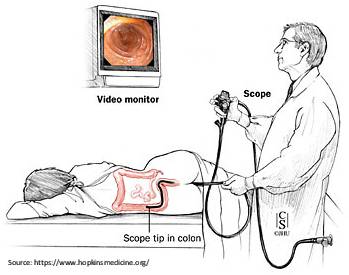
- 23/02/2022
- Dr. Samrat Jankar
- 0 Comments
- Blog
What are the symptoms, causes, and treatment of colon polyps in Pune?
Colon polyps are tiny tissue growths protruding from the lining of the colon, a part of the large intestine. Most colon or bowel polyps are benign. However, some can progress to cancer. If they do, it can take a long time to become malignant. Therefore, early diagnosis and treatment can help in effectively eliminating colon polyps.
Dr. Samrat Jankar, a highly qualified and seasoned surgical gastroenterologist in Pune, offers reliable and effective treatment for colon polyps. Moreover, he is a reputed laparoscopic surgeon in Pune who employs minimally invasive techniques for diagnosing and treating gastrointestinal conditions like colon polyps, hemorrhoids, gallbladder stones, fistula, and hernia.
In this article, we will look at colon polyps in detail, including their causes, risk factors, diagnosis, treatment, and prevention.
First, let’s know What are Colon Polyps?
A colon polyp is an abnormal growth in the large intestine. Polyps develop in various shapes and sizes, each with its own set of risks. In addition, the size of the polyp influences its potential severity.

Several studies have shown that smaller polyps have a lesser probability of becoming malignant. In contrast, larger polyps have a higher risk of getting cancerous.
Now, let's know the Types of Colon Polyps
- Hyperplastic polyps: Hyperplastic polyps, also known as inflammatory polyps, are generally harmless. These polyps rarely become malignant.
- Adenomatous polyps: Adenomas, also known as adenomatous polyps, are non-cancerous but may develop into one in the future. Larger adenomas are more likely to become malignant. Doctors usually recommend removing adenomas.
- Malignant polyps: Malignant polyps contain cancerous cells. The optimum treatment for these polyps depends on cancer severity and the patient’s overall condition.
Let's take a look at the Symptoms of Colon Polyps
Often colon polyps go undiagnosed because they show no signs or symptoms. Dr. Samrat Jankar, a proficient gastroenterologist in Pune, may recommend regular colon polyp screening for the elderly and people with risk factors for colon polyps.
These polyps are commonly detected through routine examinations or tests for another condition. If diagnosed earlier, there is a better possibility of treating polyps without complications.

People may notice the following symptoms if they have colon polyps:
- Rectal bleeding: It is the most typical symptom of polyps, although it can also imply other issues, including hemorrhoids or minor anal tears.
- Abdominal pain: Abdominal cramps and pain can result from partial bowel blockage by large polyps.
- Change in stool color: Minor polyp bleeding can result in reddish streaks in the stool, whereas more proximal bowel bleeding can result in black stools. However, other factors, such as food, medications, and supplements, might alter the stool color.
- Anemia due to iron deficiency: An individual may suffer an iron deficiency if their polyps bleed slowly over time. Weakness, pale skin, light-headedness, shortness of breath, and dizziness are all symptoms of anemia.
- Change in bowel habits that lasts more than a week, including diarrhea or constipation.
Causes of Colon Polyps
Colon polyps can be present at birth or develop over time. Yet doctors don’t know the specific causes of colon polyps. However, their appearance may be related to the following lifestyle habits:
- Consuming a high-fat diet
- Eating large amounts of red meat
- Getting inadequate dietary fiber
- Smoking
- Obesity
- Genetic factors cause the colon cells to multiply more quickly in some individuals, resulting in colon polyps. When it happens in the rectum, it leads to the formation of colorectal polyps.
People are more likely to develop colon polyps if they have the following inherited conditions:
- Familial Adenomatous Polyposis (FAP)
- Gardner syndrome
- Peutz-Jeghers syndrome
People with these conditions have an increased risk of developing cancer in several organs, including the small intestine and colon.
Let's discuss the Risk factors for Colon Polyps
The following risk factors make a person more prone to acquire colon polyps:
- Overweight/obesity
- Inflammatory bowel diseases (IBD), such as ulcerative colitis or Crohn’s disease
- Uncontrolled type 2 diabetes
- Lack of exercise
- Smoking
- Excess intake of alcohol
- Family history of colon polyps
Doctors often advise regular screening for older persons and people with risk factors for colon polyps, particularly after 50 years.
Diagnosis of Colon Polyps
Diagnosing colon polyps earlier can alleviate the risk of complications. Initially, the doctor may record the patient’s medical history, determine the risk factors, and perform a physical exam. If they suspect colon polyps, they may suggest further testing.
Screening exams may include:
During a colonoscopy, the doctor inserts a lighted camera tube called a colonoscope into the anus to examine the colon. Next, they may remove any polyps or perform a biopsy, which involves taking a tissue sample and sending it to the lab for microscopic examination.
2. Flexible sigmoidoscopy:

It is a smaller version of a colonoscope called a sigmoidoscope. Doctors utilize it to examine a limited part of the colon. If the doctor discovers polyps, they will need to do a colonoscopy to remove them.
3. Virtual colonoscopy:
It is a non-invasive procedure where a doctor examines the colon using imaging techniques. Such as CT scans with a special technique. The sensitivity of these tests may be lower than that of colonoscopic tests.
4. Stool examination:
Doctors may also test the stool DNA or look for blood in the stools. They may do a colonoscopy to examine further, depending on the results.
Treatment of Colon Polyps
Doctors often recommend surgery to remove polyps. They generally treat colon polyps by removing them. Also, they may suggest certain lifestyle modifications to prevent the reoccurrence of colon polyps.
Dr. Samrat Jankar, a skilled gastroenterology surgeon in Pune, may remove colon polyps utilizing the following techniques:
Colonoscopy:
- Doctors may employ cutting equipment or an electrified wire loop on the end of a colonoscope to execute a polypectomy or polyp removal. Doctors may inject a liquid beneath a small polyp to inflate and isolate it from the surrounding area, allowing easier removal.

Laparoscopy:
During a laparoscopy, the surgeon creates small incisions into the abdomen or pelvis and inserts equipment called a laparoscope into the bowel. They utilize this procedure to remove larger polyps or polyps that can’t be removed safely by colonoscopy.
Colon and rectum removal:
A total proctocolectomy procedure is only performed when a patient has a severe condition or cancer. Doctors suggest this alternative for rare genetic diseases, such as familial adenomatous polyposis (FAP).
FAP is an inherited disorder that causes colon and rectum cancer, and polyp removal can help prevent cancer. After removing a polyp, the doctor sends it to the lab to test for malignancy.
A pathologist specializing in examining tissue samples will analyze the polyp tissue microscopically to determine whether it is benign or precancerous. They will specify the optimal time interval for the next colonoscopy based on this information and the number and size of polyps.
The doctor may prescribe medications to stop the formation of new polyps in people with polyps or colon cancer.
Prevention of Colon Polyps
Experts suggest genetic counseling for patients with a family history of colon polyps to prevent them. In addition, people can lower their risk of colon polyps by following healthy lifestyle practices such as:
- consuming a low-fat diet
- eating a diet rich in fruits,
- vegetables, and fiber
- maintaining an average body weight
- quitting or avoiding smoking
- avoiding excessive alcohol intake
People who have had colon polyps should get regular colon check-ups, as they are at higher risk of developing more.
Takeaway
A polyp is a tissue growth that protrudes into the intestines from the lining of the colon and rectum. Polyps in the colon often cause no symptoms. The majority of colon polyps are benign, while few can become malignant. Removing colon polyps is the best way to treat them and prevent cancer. Colon polyps should be screened regularly for anyone with risk factors, especially those over the age of 50. If you have polyps, you should follow your gastroenterologist’s recommendations regarding getting regular check-ups and making lifestyle alternations to help manage your condition.
